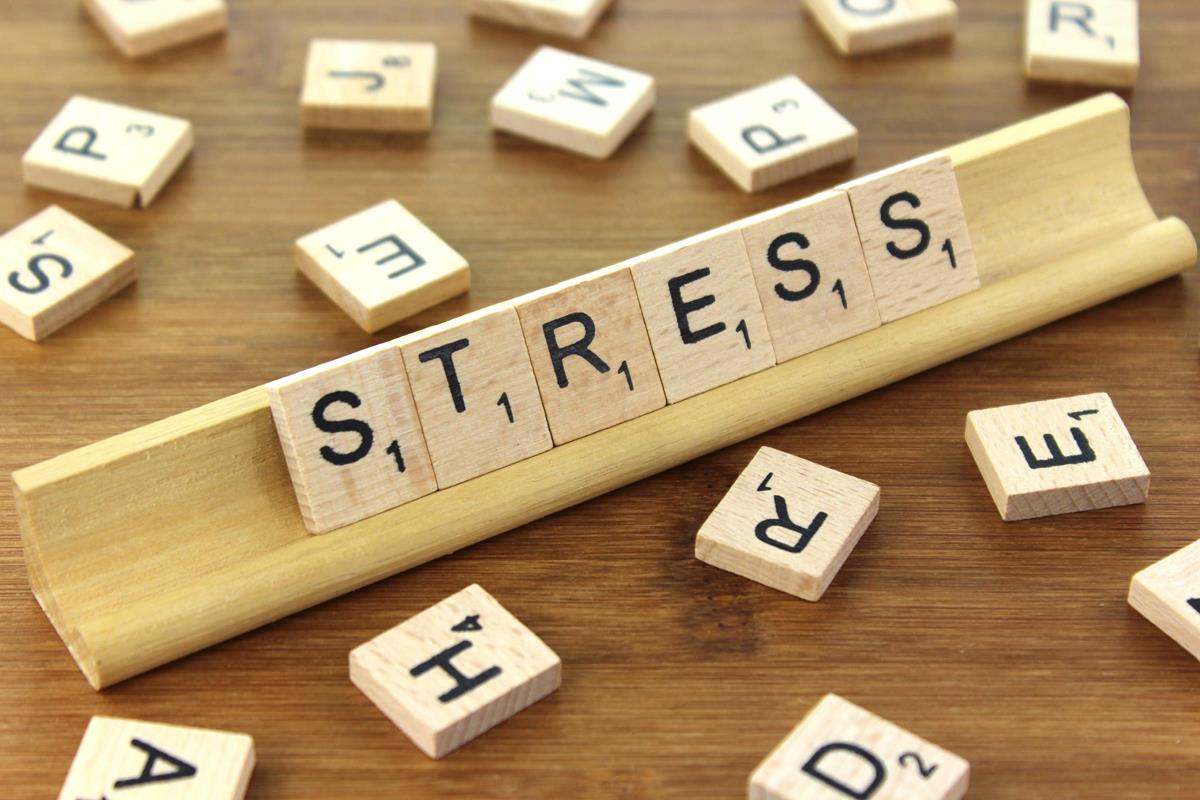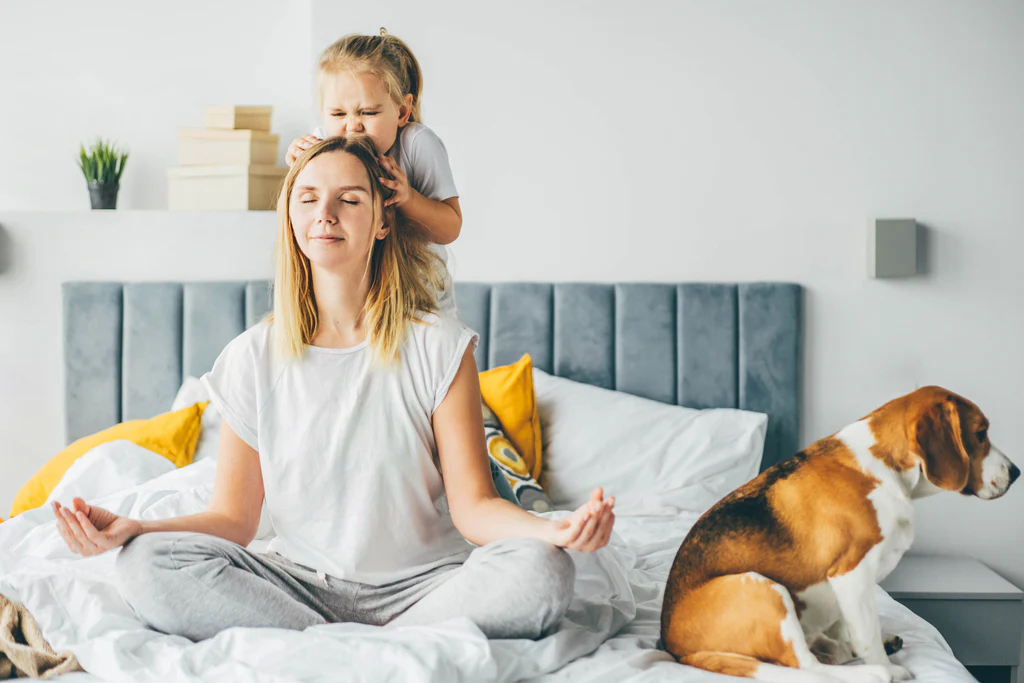
Natural ways to boost mental health and reduce stress
In today’s fast-paced world, maintaining mental health and managing stress naturally is more important than ever. While medication and therapy are effective for many, there are also natural, everyday methods that can enhance emotional well-being, bring calm, and build resilience over time. Whether you’re experiencing daily stress or just looking to improve your overall mental fitness, this guide provides practical and natural strategies to help you feel calmer, happier, and more balanced.
Practice Deep Breathing Techniques
One of the quickest and most effective ways to calm the nervous system is deep, mindful breathing. It reduces anxiety, slows heart rate, and improves focus.
Try this:
-
Inhale deeply for 4 seconds
-
Hold for 4 seconds
-
Exhale for 4 seconds
-
Hold for 4 seconds
(Repeat for 5–10 minutes daily)
This technique is often called box breathing and can be done anywhere.
Spend Time in Nature
Nature is a powerful stress reliever. Studies show that even 20 minutes outside can reduce cortisol (stress hormone) levels.
Natural ways to reconnect with nature include:
-
Walking in a park or forest
-
Sitting by a lake or garden
-
Gardening or caring for plants
-
Watching sunsets or stargazing
Natural environments help quiet the mind and foster emotional clarity.
Engage in Physical Activity
Exercise is one of the most effective natural antidepressants. It releases endorphins (feel-good chemicals), improves sleep, and reduces anxiety.
Simple ways to move more:
-
Go for brisk walks
-
Try yoga or Pilates at home
-
Dance to your favorite songs
-
Do light stretching throughout the day
Aim for 30 minutes a day, most days of the week.
Maintain a Balanced Diet
What you eat directly affects your mood. A nutrient-rich diet supports brain health and balances emotions.
Mental health-friendly foods include:
-
Leafy greens (spinach, kale)
-
Fatty fish (salmon, sardines)
-
Whole grains (brown rice, oats)
-
Nuts and seeds (walnuts, flaxseed)
-
Fermented foods (yogurt, kefir)
-
Fruits and berries (blueberries, oranges)
Avoid excessive sugar, caffeine, and processed foods, which can cause mood swings and irritability.
Get Regular, Quality Sleep
Poor sleep increases stress and reduces emotional resilience. Prioritize rest by improving your sleep habits:
Natural tips for better sleep:
-
Stick to a consistent bedtime
-
Turn off screens 1 hour before sleep
-
Use calming herbal teas (chamomile, valerian root)
-
Create a cool, dark sleep environment
-
Avoid large meals and caffeine in the evening
Aim for 7–9 hours of sleep per night.
Practice Gratitude Daily
Gratitude helps shift focus away from worries and stress. It encourages a more positive mindset and reduces depressive symptoms.
How to start:
-
Write down 3 things you’re grateful for each morning or evening
-
Keep a gratitude journal
-
Verbally thank people more often
-
Reflect on small daily joys
This simple habit fosters emotional balance over time.
Try Meditation or Mindfulness
Mindfulness teaches you to be present without judgment, which lowers stress and boosts self-awareness.
Easy methods to begin:
-
5–10 minutes of guided meditation daily
-
Use apps like Calm, Headspace, or Insight Timer
-
Practice mindful eating or walking
-
Focus on your breath when anxious
You don’t need to be an expert—consistency is more important than perfection.
Connect with Supportive People
Social connection is essential to mental health. Being around people who uplift and understand you can buffer stress and increase happiness.
Ways to connect naturally:
-
Call or video chat with a friend
-
Join a community group or online forum
-
Spend quality time with family
-
Volunteer in your local area
Even brief, positive interactions can boost mood.
Limit Screen Time and Social Media
Excessive screen time—especially on social media—can lead to overstimulation, anxiety, and comparison.
Healthy digital habits include:
-
Taking screen breaks every hour
-
Using phone-free hours daily
-
Turning off notifications
-
Setting screen limits on apps
Replace screen time with reading, journaling, or real-life conversation for better mental clarity.
Listen to Soothing Music
Music therapy has proven effects on reducing stress and enhancing mood. It can calm nerves or energize a dull day.
Try:
-
Classical, lo-fi, or nature sounds for calm
-
Uplifting music for motivation
-
Singing or humming to release tension
-
Playing an instrument to express emotion
Create playlists based on your emotional needs.
Use Aromatherapy and Natural Scents
Essential oils can have a powerful calming effect on the brain. Scents stimulate the limbic system, the part of the brain linked to emotion.
Calming oils include:
-
Lavender – relaxes body and mind
-
Peppermint – energizes and clears the head
-
Chamomile – reduces anxiety
-
Frankincense – grounds and soothes
Use oils in a diffuser, add a few drops to a bath, or apply to pulse points with carrier oils.
Laugh More Often
Laughter boosts endorphins, relaxes the muscles, and decreases stress hormones. It also enhances social bonding.
How to laugh more:
-
Watch a comedy show or funny videos
-
Spend time with humorous friends
-
Practice laughing yoga
-
Recall a funny memory when feeling low
Even fake laughter can produce real benefits.
Journal Your Thoughts and Feelings
Writing helps release pent-up emotions and brings clarity to thoughts. It’s a form of emotional detox.
Journal prompts to try:
-
“What’s worrying me right now?”
-
“What do I need today?”
-
“Three wins from today”
-
“One thing I’m proud of this week”
No rules—just write freely and honestly.
Practice Progressive Muscle Relaxation
This technique involves tensing and relaxing muscle groups to relieve physical stress and promote calm.
Steps:
-
Start at your toes, tense for 5 seconds, then release
-
Move up through legs, abdomen, hands, arms, and face
-
Focus on each release, noticing tension melting away
Practice this before sleep or after a stressful day.
Reduce Caffeine and Sugar Intake
Too much caffeine or sugar can increase anxiety, jitteriness, and mood crashes.
Healthy alternatives:
-
Herbal teas like chamomile or rooibos
-
Warm lemon water
-
Natural fruit for sweet cravings
-
Low-sugar snacks like nuts or yogurt
Keep caffeine to one cup in the morning, and avoid energy drinks or sugary treats when stressed.
Create a Calming Home Environment
Your space impacts your mood. A calm environment promotes peace and focus.
Ways to calm your space:
-
Declutter regularly
-
Use soft lighting or candles
-
Add indoor plants
-
Play calming background music
-
Use calming color tones (like soft blues or greens)
Make your home a sanctuary from stress.
Engage in Creative Expression
Creativity is a great outlet for emotions and a natural stress reliever.
Try:
-
Drawing or painting
-
Writing poetry or short stories
-
DIY crafts
-
Cooking or baking
-
Playing music or singing
There’s no need to be perfect — the process is more important than the result.
Set Realistic Daily Goals
Overloading yourself can cause burnout. Instead, aim for a few meaningful tasks each day.
To do this:
-
Write a short to-do list
-
Prioritize top 3 tasks
-
Break big goals into small steps
-
Celebrate small wins
This helps you stay productive without feeling overwhelmed.
Conclusion
Supporting your mental health and reducing stress naturally doesn’t have to be complicated. By practicing these daily habits—like moving your body, eating well, connecting with others, and prioritizing rest—you can improve your emotional resilience, clarity, and overall sense of peace. These natural strategies are powerful, sustainable, and easily woven into everyday life. Start small, stay consistent, and give yourself the kindness you deserve.
FAQs
What is the fastest natural way to reduce stress?
Deep breathing and spending a few minutes in nature or quiet meditation can reduce stress almost immediately.
Can food really affect my mental health?
Yes. A nutrient-rich diet supports brain function and can improve mood, focus, and emotional stability.
How much sleep do I need for better mental health?
Aim for 7–9 hours of quality sleep each night to support emotional balance and cognitive function.
Are there natural remedies for anxiety?
Yes—techniques like mindfulness, journaling, exercise, and herbal teas like chamomile can help reduce anxiety.
How long does it take to feel better using natural methods?
Many people feel better within days, but long-term habits show the most benefit after several weeks of consistent practice.
Sign up with your email and always get notifed of zerodevicesnet Lifestyles latest news!






